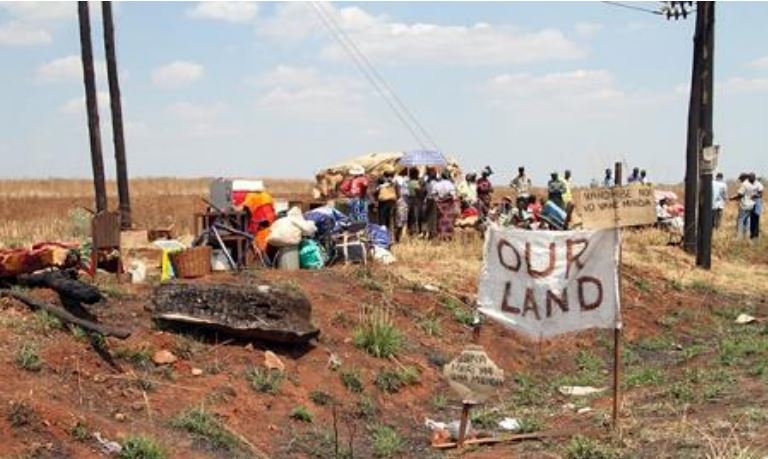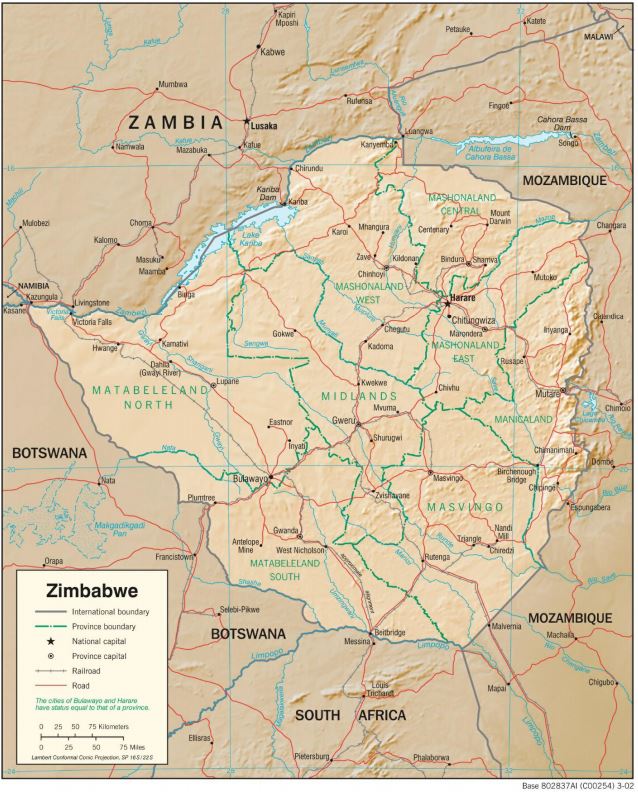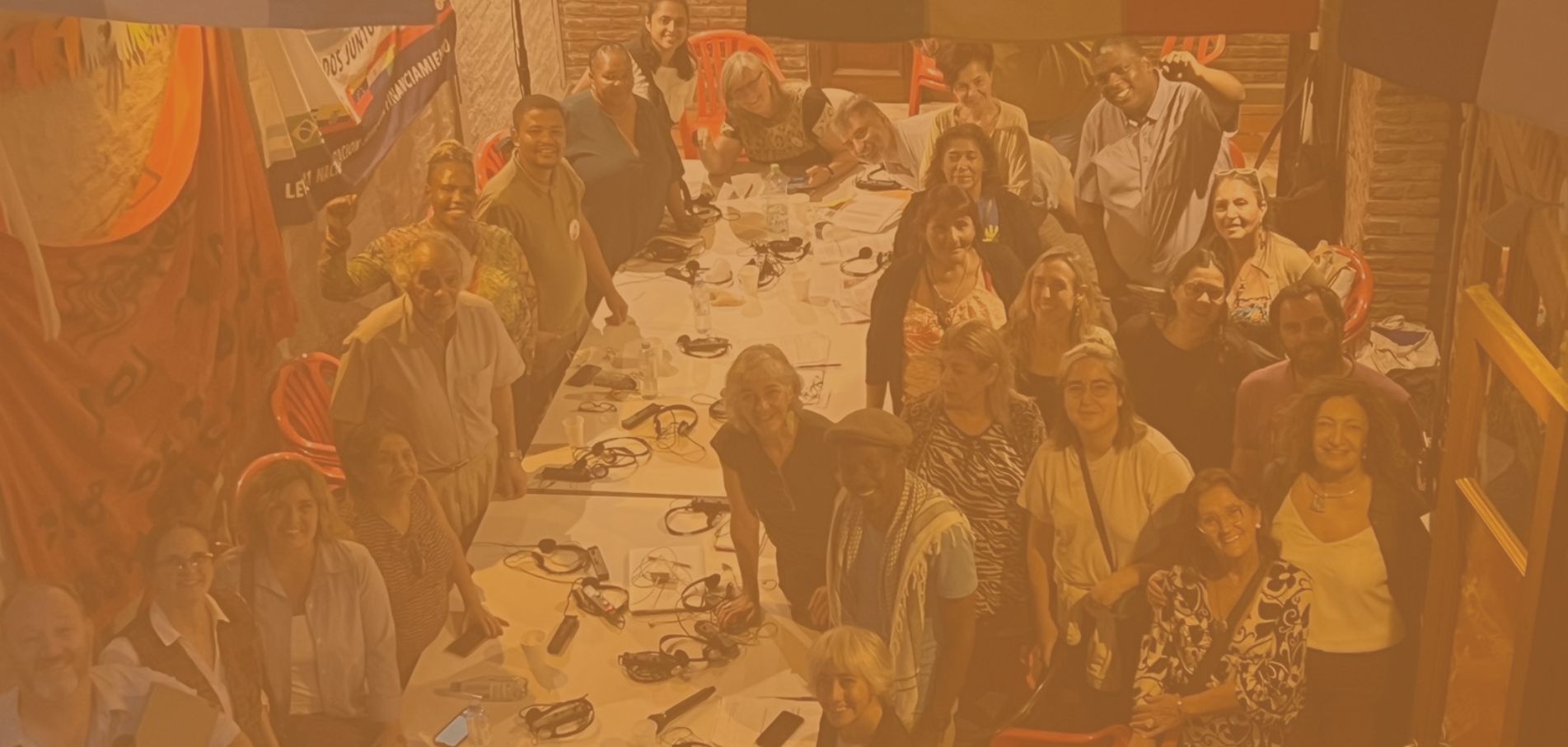 The order cited violation of section 3 of the Gazetted Lands (Consequential Provisions) Act Chapter
The order cited violation of section 3 of the Gazetted Lands (Consequential Provisions) Act Chapter
20:28, claiming that residents are occupying land without lawful authority. Masvingo Provincial Affairs
Minister Cde Ezra Chadzamira blamed village leaders and land officials who illegally parceled out state
lands to residents in return for kickbacks, urging those who paid for land to report those people to the
police as it is unlawful to sell land in Zimbabwe.
land reform program, and have built permanent structures on the land. Some villagers insist that they
already have regularized their residency with the Ministry and pay taxes. The government has not
offered compensation or alternative location for resettlement.
primary target for eviction are those who settled illegally around major dams, in order to prevent
further siltation of the reservoirs, which the government blames on overpopulation and uncontrolled
land settlement.1
According to a village leader, some community members settled at Mzaro Farm prior
to the dam’s construction as part of a land concession, which allowed them to settle where they
currently reside, at a prescribed distance from the catchment area.
residents now face eviction. In Mwenzei District, Zimbabwe Bio Energy (ZBE) are threatening to evict
2,713 households from lands on Naunetsi Ranch, which they received as compensation in 2014 after
their relocation due to construction of the Tokwe-Mukosi Dam in Masvingo. The eviction would clear
land for an ethanol plant to be built by ZBE, the owners of the Ranch.2 Currently, the company is fencing all its property, including lands used by residents, for grazing, and is preventing residents from using dip
tanks and accessing other water sources. The community now relies on 35 boreholes that pump only
saline (non-potable) water.
with the local District Administrator plan to resettle over 10,000
people in Feversham, Arda Magudu, Mutirikwi Section, Wasara
Wasara, Chegwite, Lavanga, Masapasi, Angus and Mukazi properties
in the Save Valley Conservancy. The planned operation will target
for eviction those who do not hold offer letters and otherwise
settled without government authorization.4 The evictions are cited
as required because the settlement contravenes Section 3 of the
Gazetted Lands Act Chapter 20:28 directive through the Ministry of
Lands, Agriculture, Water, Climate and Rural Resettlement. Minister
Chadzamira confirmed that more than 2000 families are facing eviction.
Dutch investments would be made in the country as long as the Zimbabwean inhabits remain on the
land, thus, pressuring the Zimbabwe government to remove the residents. The 2000 land reform has
caused numerous multilateral and diplomatic problems beyond national borders.
have been removed from their residencies on Claverhill North farm have been living in a makeshift
squatter tent for three months. The farm, which had previously belonged to Kingsway Community
Church, had recently been taken over by new owners.
diamond field and relocated to Ardu Transau in Odzi beginning in 2010 have experienced threats of
attack by unidentified persons whom the victims believe are agents of Central Intelligence Organisation,
the state security apparatus. On relocation, the families were promised compensation of homes and
agricultural land, which they did not receive. The community believes this intimidation to be related to
the case and is currently taking the government to court over their eviction and entitlements8 based on
Zimbabwe’s Rural Land Occupiers (Protection from Eviction) Act of June 2001,9 which was replaced by both the Land Acquisition Act10 and the former Constitution’s section 16B,
11 as referred to in the new
2013 Constitution, and the present Constitutions provisions in sections 72 (Rights to agricultural land)
and 74 (Freedom from arbitrary eviction).



